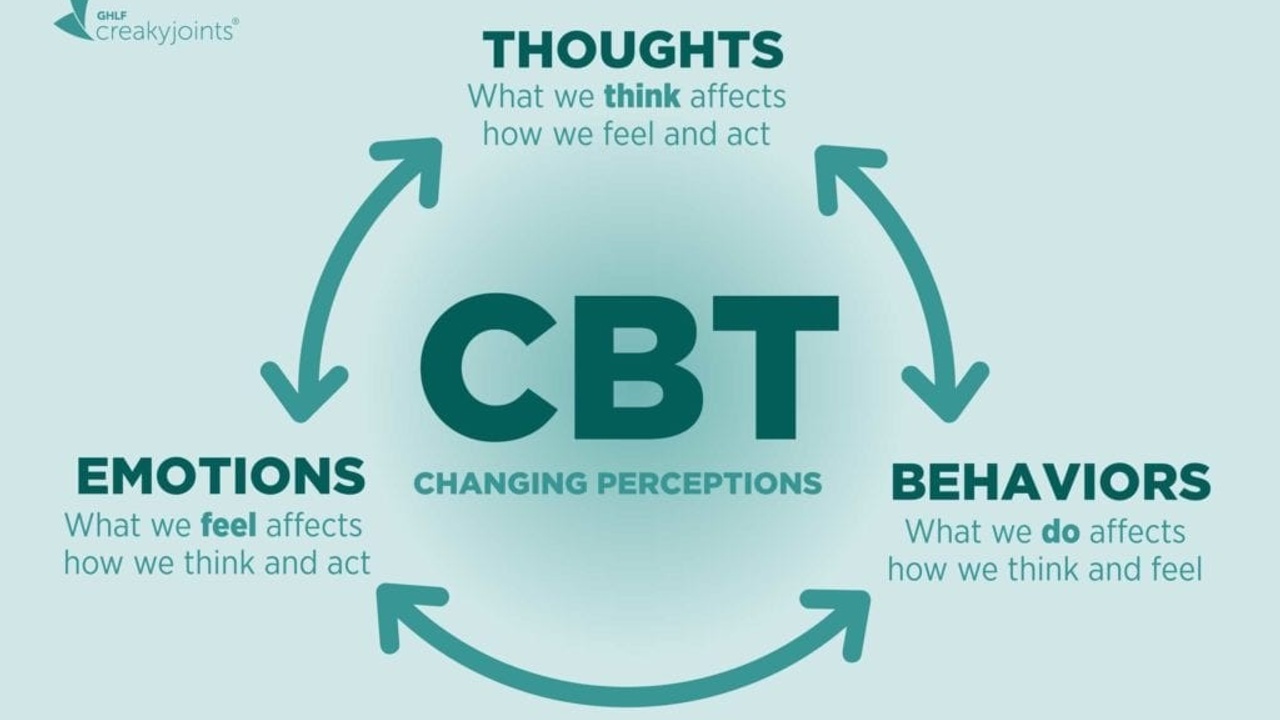
Treating BPD with Cognitive Behavioral Therapy
Jun 17, 2021Cognitive-behavioral treatments are the pillar of therapy for people with a borderline personality disorder. It can help people utilize healthy coping skills & achieve a good quality of life.
CBT is a type of talk therapy that targets the thinking-related and action-related aspects of a mental condition. The goal of CBT is to help reduce symptoms by changing the way one thinks or interprets situations, not to mention the actions that you take in your daily life. CBT is primarily focused on the present, the past is something that is not brought up too often. Most of the therapy is focused on how current ways of thinking & acting are related to symptoms, and how to change the patterns. Your therapist often takes an active role in the therapy session, giving you some direct advice & guidance.
There are 2 unique CBT's that are designed specifically for BPD are Dialectical Behavior Therapy(DBT) and Schema-focused therapy. Both have been shown to be quite effective in the reduction of BPD symptoms. DBT focuses on behavioral skills like achieving mindfulness, regulating emotions, tolerating conflict, navigating relationships with other people, and achieving motivation to avoid unhealthy coping skills. Schema-focused therapy is based on the idea that personality disorders develop as a result of abnormal thoughts or behaviors early on in life. Schema-focused therapy is not like traditional CBT in that it's more flexible and coordinated with a person's emotions. It also requires a longer treatment period.

